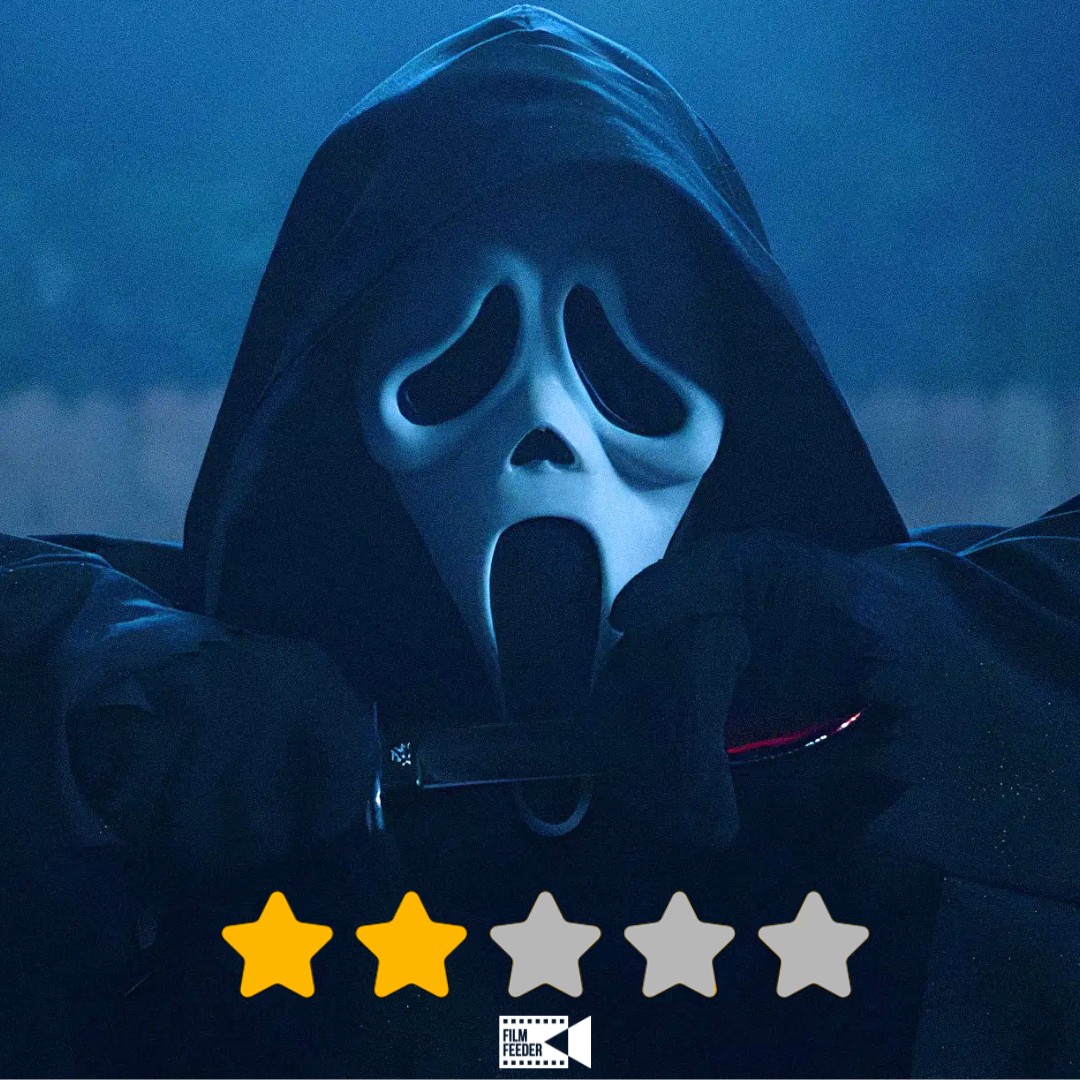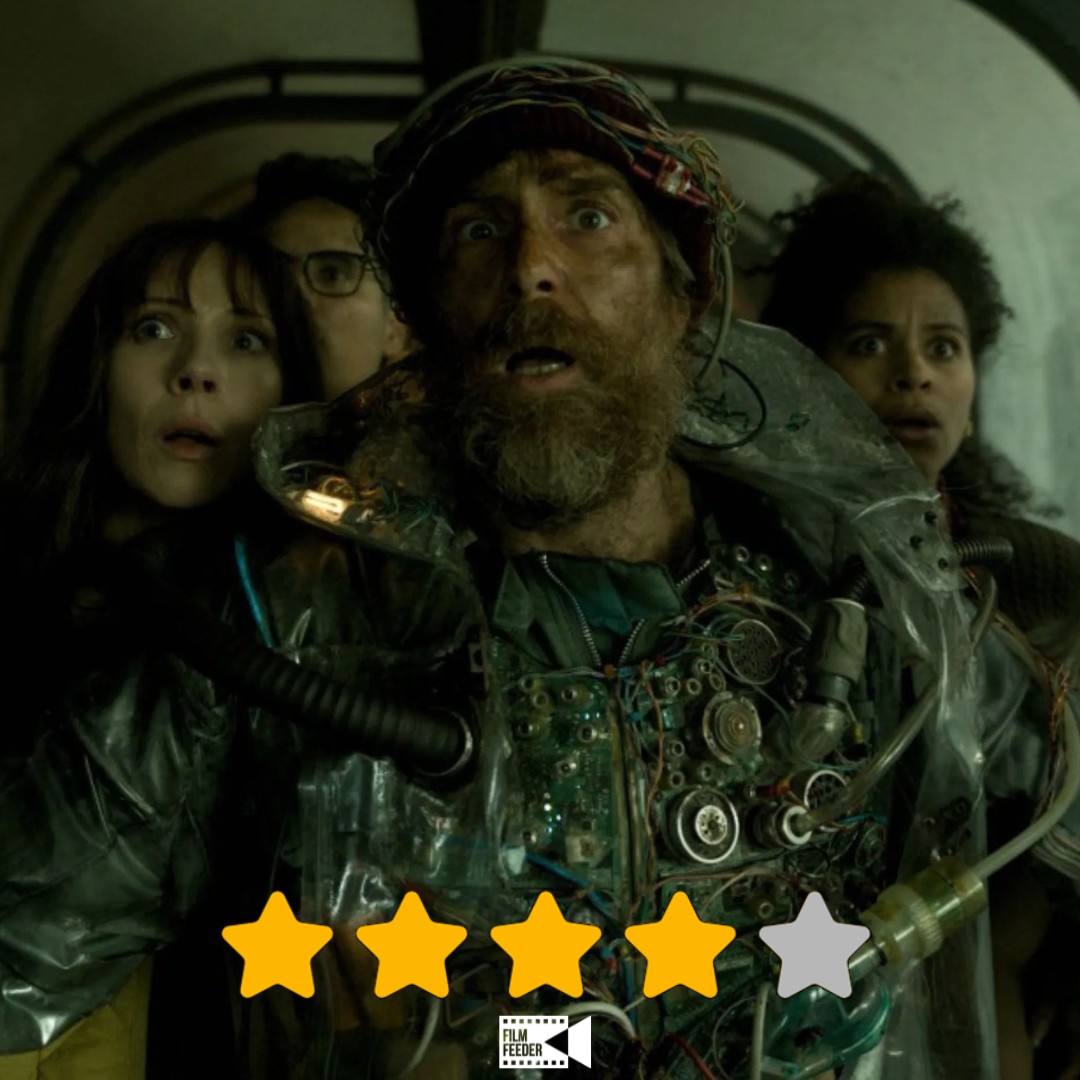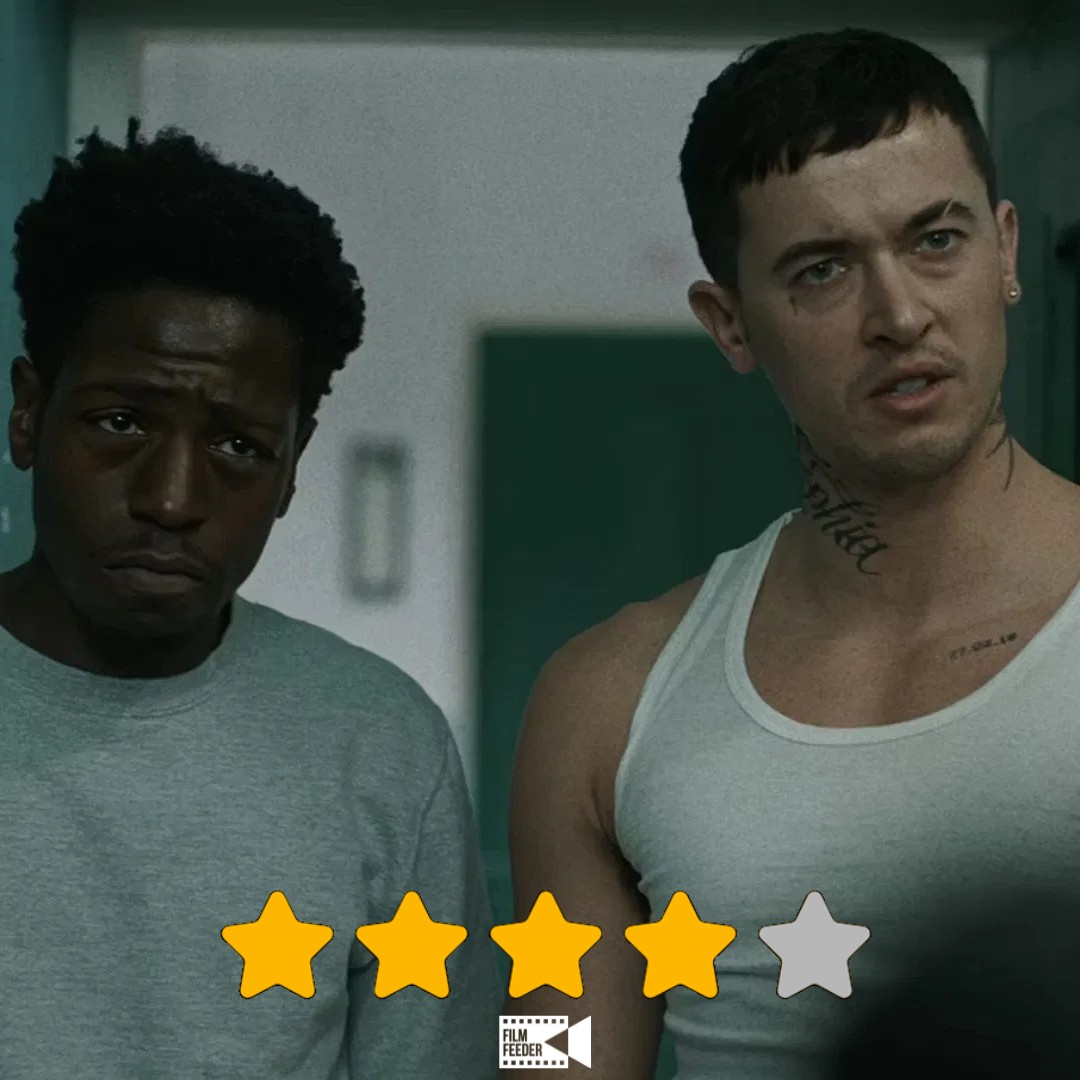
Monster (2023, dir. Hirokazu Kore-eda)
Certificate: 12A
Running Time: 127 mins
UK Distributor: Picturehouse Entertainment
UK Release Date: 15 March 2024
WHO’S IN MONSTER?
Sakura Andō, Eita Nagayama, Sōya Kurokawa, Hinata Hiiragi, Yūko Tanaka, Mitsuki Takahata, Akihiro Tsunoda, Shidō Nakamura
WHO’S BEHIND THE CAMERA?
Hirokazu Kore-eda (director, editor), Yûji Sakamoto (writer), Minami Ichikawa, Ryo Ota, Kiyoshi Taguchi, Hajime Ushioda, Kenji Yamada and Tatsumi Yoda (producers), Ryuichi Sakamoto (composer), Ryûto Kondô (cinematographer)
WHAT’S IT ABOUT?
A mother (Andō) demands answers when her young son (Kurokawa) begins acting strangely…
WHAT ARE MY THOUGHTS ON MONSTER?
[This is a slightly re-edited version of our review for Monster from its showing at the BFI London Film Festival]
In the wake of the release of Japanese auteur Akira Kurosawa’s classic film Rashomon, a narrative method dubbed the “Rashomon effect” was born. It describes the storytelling technique of offering various different perspectives to one event, as it does in the Kurosawa film; we’ll see things from the victim’s point of view, then the supposed perpetrator, then a passer-by, and the list goes on until, finally, a clearer picture of events starts to emerge.
Numerous films have since attempted the Rashomon effect, with varying degrees of success – on the upper end, there’s stuff like The Usual Suspects and Gone Girl, and then on the lower end there’s Vantage Point and Hoodwinked! – but for Hirokazu Kore-eda, considered by some to be a modern-day inheritor of Kurosawa’s cinematic power, it comes surprisingly easy for Monster, a heartfelt and poetic spin on the technique that offers a number of compelling surprises around each turn.
The film begins on the night of a big fire at a hostess bar in a small Japanese city, not too far away from the apartment of Saori, played by Sakura Andō, a single mother who notices shortly after that her young son Minato, who’s Sōya Kurokawa, is acting rather strange. He claims to have the brain of a pig, is cutting his own hair to a shorter length, and comes home from school one day with only one shoe. Eventually, Minato tells his mother that it is in response to some nasty abuse from his schoolteacher Mr. Hori, played by Eita Nagayama, prompting her to angrily demand answers from the school, only to be met with empty apologies and seemingly cold-hearted responses from the faculty, including Mr. Hori and the school’s principal, as portrayed by Yūko Tanaka.
Soon, however, the focus suddenly shifts, and we are taken back to the night of the burning hostess bar where we are now following Mr. Hori, who turns out to not be quite as monstrous as his young pupil had previously described, but through a series of miscommunications he is still put under the spotlight for his alleged behaviour. Then, for the film’s third and final section, we see another perspective that ends up tying everything together, as well as how Minato’s cheery classmate Yori Hoshikawa, played by Hinata Hiiragi, fits into it all, in ways that are genuinely surprising and, in a sense, quite dark and upsetting.
As in his previous films, Kore-eda gently lays the foundations for his multi-layered narrative that has more and more stuff built on top of it as it goes, but rarely does it feel like it becomes too entangled in itself. Instead, the filmmaker manages to keep things as simple as they can be, while still diving deep into its complex set of characters, each one with more intriguing secrets than the last. This often makes for neatly understated drama, wherein we see characters who at first seem highly unsympathetic but are in fact dealing with slightly more concerning personal matters, while previously-seen events take on a whole new light as soon as the perspective shifts, even adding a rather emotional lens to them that might not have been apparent beforehand.
The filmmaking helps give the film a calming visual identity, in a way that compliments the beating heart that turns out to be at its centre, as characters are revealed to have some unexpected desires and some heartbreaking backgrounds that are meaningful and rather daring, especially in a country with such rocky attitudes toward certain ways of life as Japan. Kore-eda is a filmmaker that wants the viewer to see its characters not as perceived archetypes but as human beings, which is what Monster is ultimately about; not leaping to conclusions about anyone. There’s always something going on underneath a person’s seemingly cold exterior, and with its Rashomon effect in full use the film allows a deep and often moving look into nearly all the main players in this difficult situation, which humanises them to profound levels.
The only thing I can think of that didn’t feel particularly strong was, of all things, the subtitles. When I saw this film back in October, I noticed how the English words at the bottom of the screen didn’t seem grammatically correct, with some punctuation missing and lagging sentences. At the time, I put it down to how the film mustn’t have been translated properly in time for the press screening, but a recent showing confirmed to me that this was just the writing style of screenwriter Yûji Sakamoto, or at least how the people in charge of the subtitles have chosen to present their translation. Granted, I don’t entirely remember how the subtitles were presented in that screening all the way back in October, but either way, it did initially take me out of the movie since I couldn’t stop wondering if more work needed to be done on the subtitles before showing to general audiences.
Other than that, Monster is a strong recommendation, and a surprising new entry in the line-up of films that use the Rashomon effect to profoundly satisfying effect.
SO, TO SUM UP…
Monster is a compelling new spin on the classic Rashomon-style method of multi-perspective storytelling, which filmmaker Hirokazu Kore-eda treats with great respect and admiration for his complex characters in an constantly unexpected narrative.














0 Comments